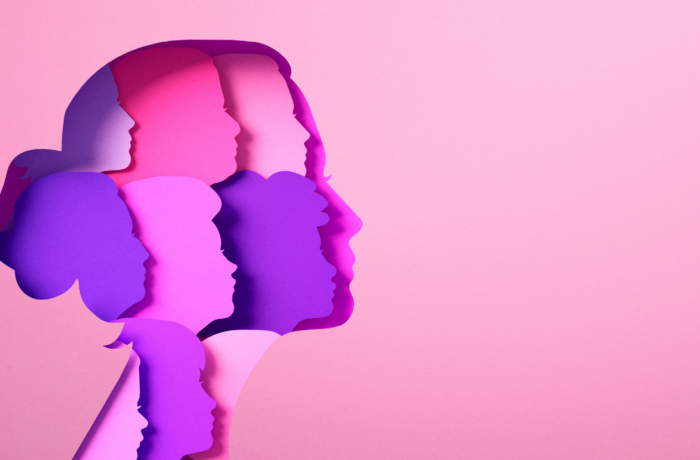The games people play in health
Posted on
 Whilst studying towards an Executive MBA at London Business School, Tal Mahmud came across the principles of Game Theory, a theoretical framework for competing players to make optimal decisions. Now a GP at Hiyos / Firstcare Practice, Tal reflects how, whether consciously or subconsciously, and to varying levels of strategic importance, we all play games in our personal and social lives.
Whilst studying towards an Executive MBA at London Business School, Tal Mahmud came across the principles of Game Theory, a theoretical framework for competing players to make optimal decisions. Now a GP at Hiyos / Firstcare Practice, Tal reflects how, whether consciously or subconsciously, and to varying levels of strategic importance, we all play games in our personal and social lives.
What does the biggest game in the world, football, have in common with healthcare? Probably more than you think. Perhaps there is even more competition or conflict between teams of patients, carers and relatives, and clinicians than there is between football teams. I am using Game Theory to better understand behaviour in health and help to identify the best solutions. The mathematical principles behind Game Theory can help explain behaviour and why conflict can occur in patient-doctor consultations and help to identify opportunities to avoid them happening.
Conflict between clinicians and patients can result in a poor outcome for both parties, with one feeling frustrated, and one feeling misunderstood or not listened to. Have a look at this exchange:
Doctor: “Do you think your Google search can replace my six years at medical school?”
Patient: “Do you think your one hour lecture on my condition can replace my 30 years of living with it?”
To cope with this type of situation, and “play” it to create the best possible outcome we can apply Game Theory. We can identify the ideal outcomes for each ‘player’ and ascribe a value. Maths can then be used to explain and influence behaviour. Appropriate technology can support or discourage changes in behaviour. Positive behaviour change results in better outcomes for all.
At Hiyos, we are using Game Theory analytics to identify areas for developing three key areas for health technology tools to be applied, based around conflict between patients and clinicians:
- Administration: analysing and automating workflows. From a patient perspective, receiving medical reports and test results are a high priority, but may be treated as low priority for clinicians. Automating and streamlining the creation of reports and delivery of results could reduce the administrative burden associated with their creation, and reduce waiting times from the current four weeks to as little as four days.
- Acute illnesses: again there can be conflict where seeing a doctor quickly at the acute onset of illness is valued highly by patients, but leads to consultations that are not strictly necessary with an “urgent” categorisation. We will use natural language Artificial Intelligence (AI) to help patients search local health information and health services and other approved sites to find the best and most appropriate sources of information to self-manage common acute illnesses, quickly, 24/7.
- Chronic Illnesses: although considerable time is spent by healthcare professionals in organising “chronic disease care plans,” the process of booking and follow-up appointments can be fragmented. Support for delivering patient goals for diet and exercise is lacking. Social factors, such as isolation and housing, are not given priority: delivery of care is often based around a medical framework rather than a holistic model. We are developing digital tools that can support patients in between appointments, for example automating booking, and customising them according to the needs of the patient.
“I feel that in the brave new world of health tech, perhaps we need to take stock and really try to understand what the drivers are for both patient and clinician behaviour as individuals and in collaboration”
Spending more time trying to understand thoroughly, using mathematical modelling can help to improve one of the most challenging areas – the adoption of technology in healthcare.
Being part of DigitalHealth.London’s NHS Digital Pioneer Fellowship has really helped me understand some of these challenges, and supported me to develop a better understanding of the digital solutions available for clinical environments. There are great mentors and sessions as well as really cool peers with their own fab ideas and challenges that give a generous dollop of both optimism and reality. It’s helped me confirm that Game Theory may hold some of the answers.
If you would like to know more, contribute, or join us on our journey to understand the drivers of behaviour in health, why not sign up for our newsletter? If you have an idea to change healthcare why not apply to join the NHS Digital Pioneer Fellowship in 2020? You’ll learn lots and make new friends.


